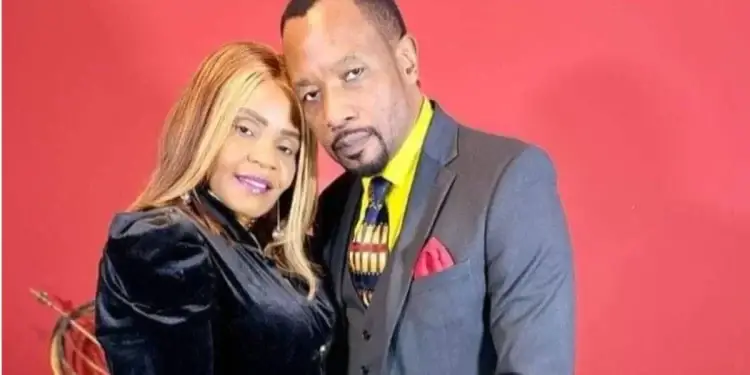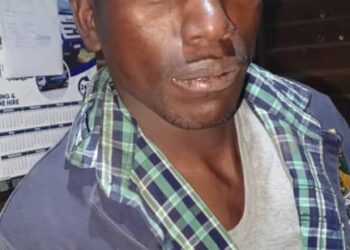Ivy Kombo and her spouse, Admire Kasi, accused of obtaining conversion certificates without undertaking the required conversion examinations, face another delay in their trial due to a contentious email extract.
During the trial, Edith Mandiyanike, a witness from Fidelity Printers, testified that she received an email from Huggins Duri, a former executive of the Council for Legal Education. The email listed the names of students, including Ivy Kombo and Kasi, whose certificates were to be printed.
The State attempted to present the email extract for the second time as evidence.
However, the defence objected, contending that accepting the email as an exhibit without authenticating its origin would result in a miscarriage of justice. The defence asserted that the State had an obligation to prove the email’s authenticity before it could be admitted.
The presiding magistrate is set to make a ruling on Thursday, and the trial is scheduled to resume on March 4.
Mandiyanike stated, “I received an email with a list of students whose certificates were to be printed, and Kombo and Kasi’s names were included. The email instructed me to print the certificates of students on the list, which I did.”
When asked by prosecutor Anesu Chirenje if there were other forms of communication, Mandiyanike replied,
“All communications were done through email, and we would subsequently call them to inform that the certificates were ready for collection.”
Chirenje then sought to tender the email extract for the second time, but Kombo and Kasi’s legal representatives raised objections.
“We are objecting to the document that the State wants to utilize in this matter through this witness. The court has pronounced itself regarding the production of that document, and it’s very disturbing that the State may believe they are beyond reproach. The document wasn’t provided to the accused persons at the commencement of the trial.”
The defence further claimed that the State intended to allege that they had served the accused with the email early in the proceedings, which was not the case. They asserted that Chirenje attempted to introduce the email surreptitiously, undermining the fairness of the trial as the defence had already prepared their strategy without the benefit of the email.
Source Iharare










